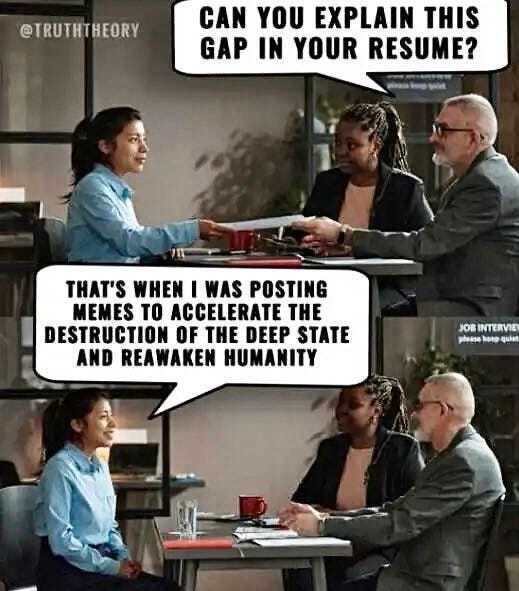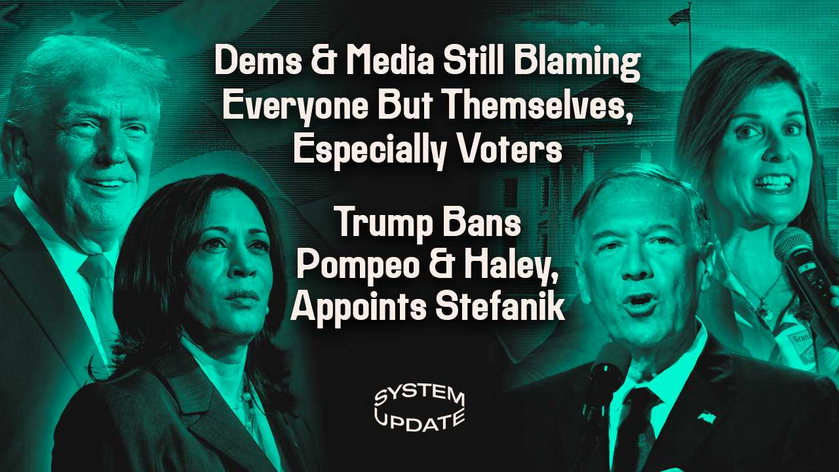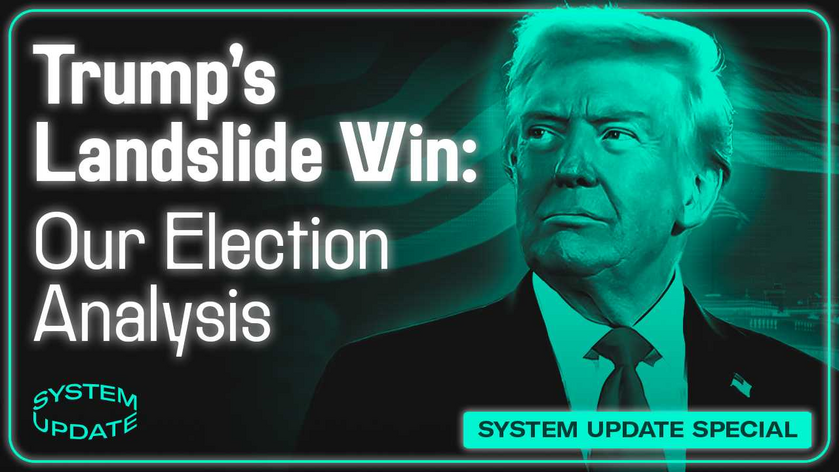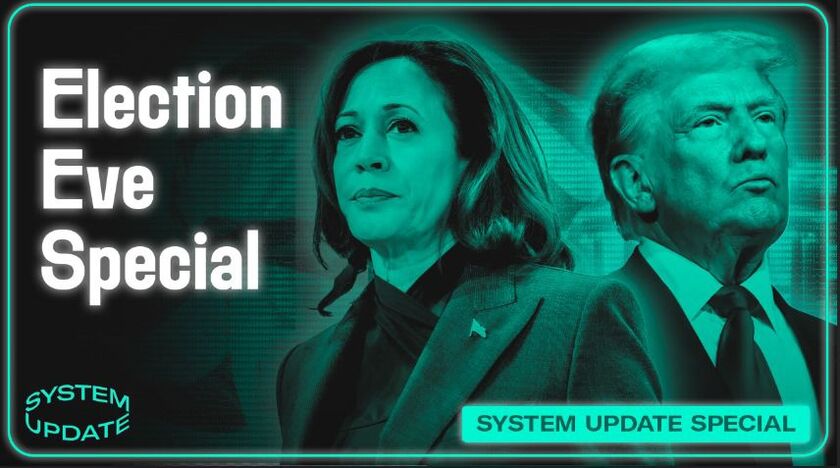Watch the full episode HERE
Good evening. It's Monday, November 11.
Tonight: It has been 5 full days since Donald Trump was declared the winner of the 2024 election and, as such, the President-elect of the United States. To say that Democratic Party officials and corporate media personalities have not handled this news very well is to dramatically understate the case. At least since the Sept. 11 attacks, I have rarely seen such a frantic and unhinged reaction to any event as we're seeing toward this election result, and the spasms are, I'm afraid, nowhere near the end, but merely in their incipient stages.
To begin with, Democrats and their media allies need to explain to their faithful partisan hordes how this happened – why would people as honorable and decent and noble and patriotic as Kamala Harris and Tim Walz possibly lose a national election to a ticket led by a convicted felon and twice-impeached monster and insurrectionist who is literally the new Hitler, along with his Vice President whom they proclaimed to be, depending on the week, weird, fascistic, and a Silicon Valley puppet. There are two rules Democrats and the media must follow in offering an explanation – first, to identify who the villains are who caused this traumatic event, and secondly, to ensure that the villains are anyone other than the Democratic party, its leaders, its establishment ideology, and its media and secondly, they have to ensure that the villains are anyone other than the Democratic Party, its leaders, its establishment ideology, and its media. The one thing they all agree on is that there is nothing fundamentally wrong with the Democratic Party. The same thing happened after 2016. People who voted for Trump are racists and misogynists, some argued. They are deceived and confused by a steady stream of disinformation fed to them by right-wing oligarchical media barons who somehow control the independent podcasts and shows that have become far more influential than CNN or the New York Times. Or it's Joe Biden's fault for not dropping out soon enough. It's just a problem of messaging – people never were told why the Democratic Party deserved their gratitude. Or it was all the left's fault for their excesses on culture war issues such as trans rights.
Anything to avoid having to confront and grapple with the real rot at the heart of the Democratic Party: its corporatism and militarism which produces major benefits for a small clique of American liberal elites, while leaving everyone else ignored and abused. I've often said that the two most accountability-free professions on the planet are politics and punditry. No matter how much they fail, they never acknowledge their failures, find someone else to pin the blame on, and just merrily continue in their positions of now-rapidly diminishing influence and power. That is exactly what we're seeing right now, an attempt to shift the blame onto anybody other than the actual culprits, which are themselves.
Then: There are many things one could say about the first Trump presidential term. That it was driven by rigid ideological coherence is not one of them. For all sorts of reasons – constant contrived scandals from the U.S. Security State disseminated by the corporate media, Trump's lack of familiarity with how the Swamp really worked, the conflicting factions he allowed deep into his government – it was hard to discern a clear political worldview from these first four years. Official Trump policies often conflicted with the President's rhetoric; his orders were often thwarted or ignored by unseen bureaucrats; Trump seemed unsure of himself when it came to particularly complex policy decisions.
Trump himself has acknowledged many of these problems and is explicitly vowing to avoid their repetition. But there are, of course, all sorts of ideological factions vying to influence him: none more dangerous than the neocons and warmongers who sometimes populated his first time and are eager to drive him into the very wars he insists he wants to avoid.
Those tensions were evident over the last several weeks as Trump's CIA Director and Secretary of State Mike Pompeo, arguably the worst person and the first Trump administration was included in Trump's inner camp on some of his last campaign stops, clearly attempting to worm his way into a position of influence. But Trump, responding to the concerns of the anti-interventionist wing of his Republican base, preemptively announced that he would bar both Mike Pompeo and, for good measure, Nikki Haley, from any position in his administration and wish them the best of luck in the future. That announcement, combined with Trump's prior selection of J.D. Vance as his vice presidential running mate earlier this year, created hope that Trump would freeze out that standard DC warmongers and interventionists from tape shaping his top national security start. Donald Trump Jr. this week vowed that freezing such people out was his top priority and by all reports, Donald Trump Jr. is wielding more influence in the Trump camp than ever before.
Today, however, Trump announced that he was appointing New York Congresswoman Elise Stefanik, a Nikki Haley clone, to Haley's old position as the U.S. ambassador to the U.N.. He also just announced moments before we went on the air that Congressman Mike Waltz, Republican of Florida and former Green Beret, somebody who has been quite hawkish in the war in Ukraine – he actually opposed Trump's attempt to withdraw from Afghanistan, is quite hawkish on China, though he is a NATO skeptic – will be his national security advisor.
None of these individual appointments standing alone will definitively signal what differences, if any, the second Trump administration will have from the first. But we do have some revealing clues thus far that at least are worth examining, especially because there is clearly an ongoing fight among those closest to Trump to shape how these differences might emerge. But it's definitely worth looking at since we have enough data points at this point to try and map out how we think that will evolve.




















